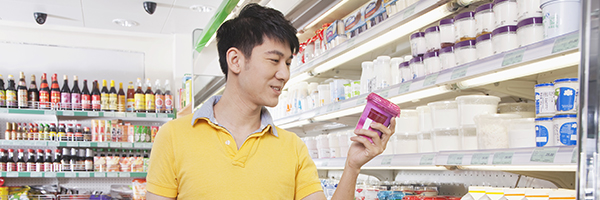Data Monday, June 17, show that China’s economy needs more stimulus to overcome the persistent drag from China’s housing slump. The most recent bit of bad news is that industrial output—-which has made up for slow consumer spending lately-—fell short of forecasts.
Industrial production rose 5.6% from a year earlier, the National Bureau of Statistics said, slowing from April and missing the median forecast in Bloomberg’s survey survey of economists. Retail sales did pick up more than expected, but at a 3.7% year over year pace, growth in consumer spending remains less than half of the 8% or so that was typical before the pandemic. Overall fixed-asset investment rose 4% in January-May, down from a 4.2% rate in the first four months—-even though there’s been a pickup in government bond issuance to fund infrastructure spending.
Late last month, China unveiled a broad rescue package to prop up housing sales. It relaxed mortgage rules and encouraged local governments to buy unsold homes. Many investors and analysts have cautioned that the financial incentives aren’t big enough and trial programs in several cities have shown progress can be slow.
If China is to meet this year’s 5% growth target, the economy will need more stimulus. That could take the form of stepped-up government spending and heightened efforts by the central bank to put a floor under housing markets and get credit flowing.
But at the moment, the People’s Bank isn’t showing any great urgency. On Monday the bank kept a key interest rate unchanged for the tenth straight month. The bank’s room to cut rates is constrained by its need to prop up the yuan, against downward pressure as the Federal Reserve reinforces its high-for-longer message.
“Policy support could make a significant difference. But the People’s Bank of China’s focus on currency stability appears to have tied its hands on cutting interest rates – at least until the Federal Reserve moves. This means the main support will have to come from the recent policies to aid the property market and government spending on big investment,” according to Bloomberg Economics.


